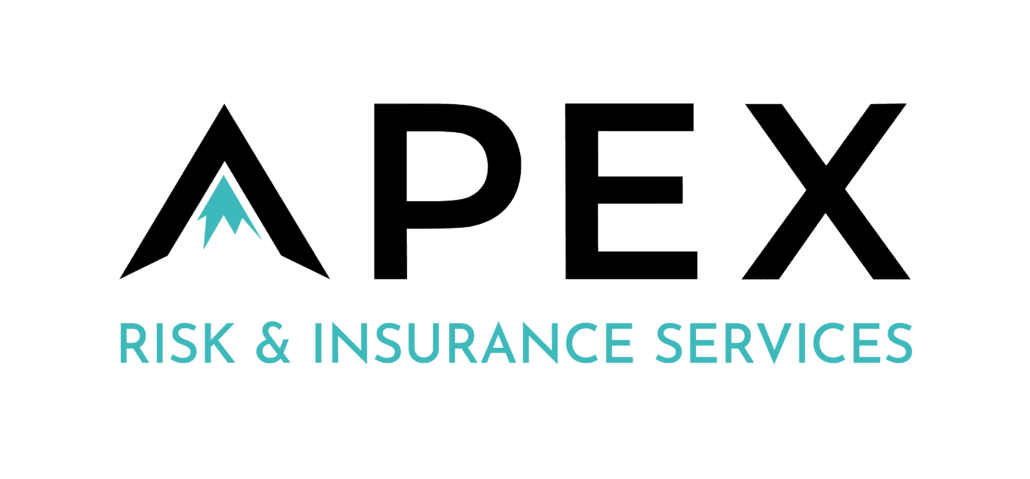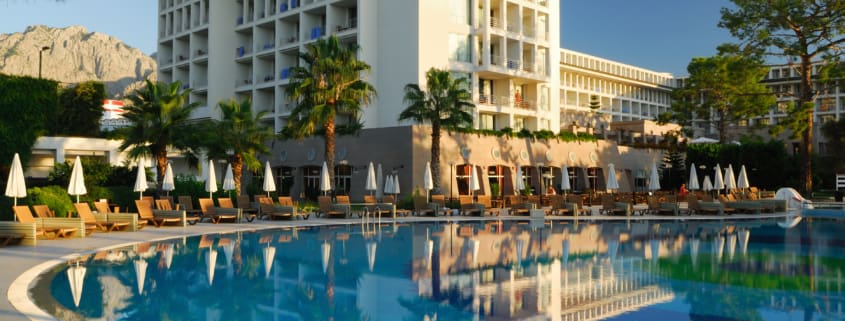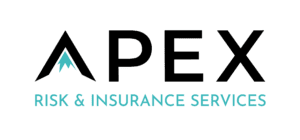Guest Safety First: The Importance of Liability Coverage in Hospitality
The safety and well-being of guests are a necessity in the hospitality industry. Whether it’s hotels, restaurants, entertainment venues, or event spaces, guest safety stands as an unwavering priority. So, where do these vigilant hospitality leaders look to safeguard their guests? The answer lies in liability coverage.
In this article, we’ll discuss the importance of liability coverage in the hospitality sector as well as some types of liability coverage that hospitality may benefit from. Let’s dive in!
What Does Liability Insurance Mean in the Hospitality Sector?
Liability insurance is the safety net that allows hospitality businesses to focus on crafting exceptional moments for their guests. Whether it’s a charming B&B, a bustling restaurant, or an elegant event space, the hospitality stage is set for a multitude of interactions, each carrying its own unique set of risks.
From minor mishaps to unforeseen accidents, liability insurance steps in as a shield against potential legal and financial challenges.
Types of Liability Coverage in the Hospitality Industry
Now that we’ve established the importance of liability coverage, let’s take a closer look at the specific types of insurance that can provide a safety net for businesses in the hospitality sector:
General Liability Insurance: This fundamental coverage protects businesses from a wide range of potential claims, including slip and fall accidents, property damage, and bodily injury. For example, if a guest slips on a wet floor in a hotel lobby and sustains injuries, general liability insurance can help cover medical expenses and legal costs.
Product Liability Insurance: For establishments that serve food and beverages, product liability insurance is crucial. It covers claims arising from injuries or illnesses caused by consuming products served by the business. If a guest falls ill due to food poisoning after dining at a restaurant, product liability insurance can provide coverage.
Liquor Liability Insurance: This coverage is essential for businesses that serve alcohol. It protects against claims related to alcohol-induced incidents, such as fights, accidents, or injuries caused by intoxicated guests.
Cyber Liability Insurance: In the digital age, protecting guest information is paramount. Cyber liability insurance helps businesses recover from data breaches and cyberattacks, covering costs associated with data recovery, legal expenses, and notifying affected individuals.
Employment Practices Liability Insurance (EPLI): This coverage addresses claims related to employment practices, such as wrongful termination, discrimination, or harassment. In the hospitality industry, where interactions with guests and employees are frequent, EPLI can provide essential protection.
Event Liability Insurance: For businesses that host events, whether it’s a wedding, conference, or live performance, event liability insurance can cover potential accidents or incidents that occur during the event.
Common Scenarios Demanding Liability Coverage in Hospitality
Liability coverage in the hospitality industry isn’t just an abstract concept; it’s a lifeline that comes into play during various real-life scenarios. Let’s dive into some common situations where liability insurance becomes the safety net that prevents minor incidents from spiraling into major setbacks:
Slips and Falls: A guest in a hotel slips on a freshly mopped floor and sustains injuries. Liability coverage steps in to cover medical expenses and potential legal claims.
Food-Related Incidents: In a restaurant, a guest experiences food poisoning after consuming a dish. Product liability insurance kicks in to address medical bills and legal actions.
Intoxication-Related Mishaps: At a lively event, an overly intoxicated guest causes a disturbance or accidentally injures another guest. Liquor liability insurance provides the necessary protection against such incidents.
Data Breaches and Cyberattacks: A cybercriminal breaches a hotel’s reservation system, compromising guests’ personal information. Cyber liability insurance assists in managing the aftermath, from data recovery to legal obligations.
Accidents during Events: During a corporate event held at a rented space, a participant trips over an exposed cable and gets injured. Event liability insurance covers medical expenses and potential legal claims.
Employee-Related Claims: An employee in a restaurant files a discrimination claim against the management. Employment Practices Liability Insurance (EPLI) helps the business address the legal process.
Property Damage: In an entertainment venue, a guest accidentally damages expensive equipment. General liability insurance comes to the rescue by covering the repair or replacement costs.
Guest Security: A guest’s valuable belongings are stolen from a hotel room. The hotel’s liability coverage helps reimburse the guest for the loss.
Accidents in Recreational Areas: At a resort, a guest gets injured while using the swimming pool. Liability coverage takes care of medical expenses and any resulting legal claims.
Transportation Services: A hotel offers shuttle services to guests, and an accident occurs during transit. Liability insurance for transportation ensures that the hotel is protected.
Navigating Liability Coverage: Tips for Selecting the Right Protection
Now that we’ve explored the crucial role of liability coverage in the hospitality industry, let’s discuss how hospitality businesses can navigate the world of insurance to find the best coverage that suits their unique needs.
Assess Your Risks: Begin by conducting a thorough risk assessment of your hospitality business. Identify potential hazards and scenarios that could lead to liability claims. This evaluation will help you determine which types of liability coverage are most relevant to your operations.
Customize Your Coverage: No two hospitality businesses are exactly alike. Tailor your liability coverage to address your specific risks and concerns. Consider factors such as the size of your establishment, the nature of your services, and the types of events you host.
Work with an Experienced Broker: Collaborate with an experienced insurance broker who specializes in the hospitality sector. They can offer expert guidance, assess your needs accurately, and recommend coverage options that provide comprehensive protection.
Understand Policy Limits and Exclusions: Familiarize yourself with the policy limits and exclusions of each type of liability coverage. This will help you grasp the extent of coverage provided and any situations that may not be covered. Don’t hesitate to seek clarification from your broker.
Review Historical Claims: If you’ve had previous liability claims, review them to identify patterns or recurring issues. This information can guide you in selecting coverage that directly addresses your historical challenges.
Stay Informed About Legal Requirements: Different jurisdictions may have varying legal requirements for liability coverage in the hospitality sector. Ensure that your selected coverage aligns with local regulations and industry standards.
Regularly Review and Update Coverage: As your hospitality business evolves, your liability risks may change. Regularly review and update your coverage to ensure it remains aligned with your operations and any new ventures you undertake.
Consider Bundled Policies: Some insurance providers offer bundled policies that combine different types of coverage into a single package. Bundling can often be more cost-effective and streamline your insurance management.
By following these steps, you’ll be well-equipped to make informed decisions about liability coverage that provides a safety net for your guests, employees, and business as a whole.
Remember, at Apex Risk & Insurance Services, we’re here to help you navigate the complexities of liability coverage. Our dedicated team is committed to ensuring your peace of mind and the highest standard of safety for your guests. Connect with us today to explore the best options for safeguarding your hospitality enterprise. Then, continue your journey to learn more about how professional liability insurance and errors and omissions (E&O) insurance can further protect your business’s integrity and reputation.




